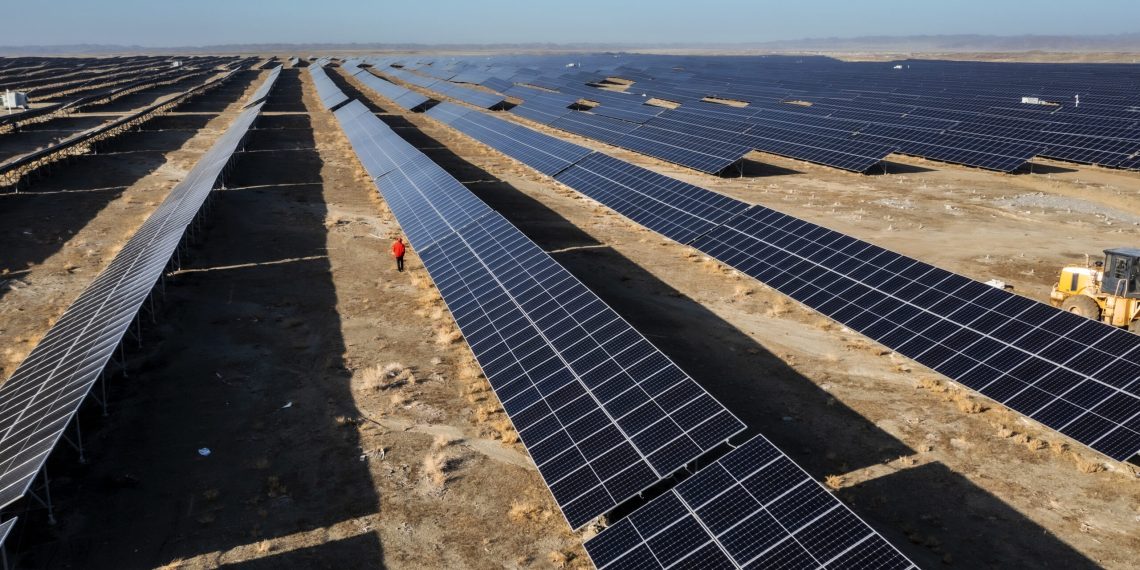No products in the basket.
Unleashing Workers in China’s Solar Supply Chain
China dominates the solar industry, accounting for over 80% of production in all manufacturing stages. Xinjiang produces 35% of the world's polysilicon, a key material in solar modules, but faces scrutiny for alleged human rights abuses, including forced labor.
Opponents criticize China‘s solar industry for potential human rights abuses. Nations must collaborate to ensure worker wellbeing during the transition.
Human Rights in the Solar Industry
Opponents of China’s solar manufacturing industry believe human rights are at odds with the renewable energy transition. It’s crucial for nations to protect affected workers in addressing environmental problems for a just transition.
China’s Dominance in Solar Energy
China dominates the solar industry, accounting for over 80% of production in all manufacturing stages. Xinjiang produces 35% of the world’s polysilicon, a key material in solar modules, but faces scrutiny for alleged human rights abuses, including forced labor.
Regulatory Response and Global Impact
The Uyghur Forced Labor Prevention Act in the US and proposed EU regulations aim to address forced labor in supply chains. This has increased regulatory burdens in the solar industry, with implications for companies’ supply chains and global markets.
Challenges and Future Outlook
Challenges in ensuring ethical sourcing and supply chain transparency in the solar industry are evident. The situation in Xinjiang poses significant concerns, impacting trust, transparency efforts, and international relationships as countries navigate environmental and social imperatives.
Read original article here : : Unshackling workers in China’s solar supply chain
Discover more from Thailand Business News
Subscribe to get the latest posts sent to your email.














